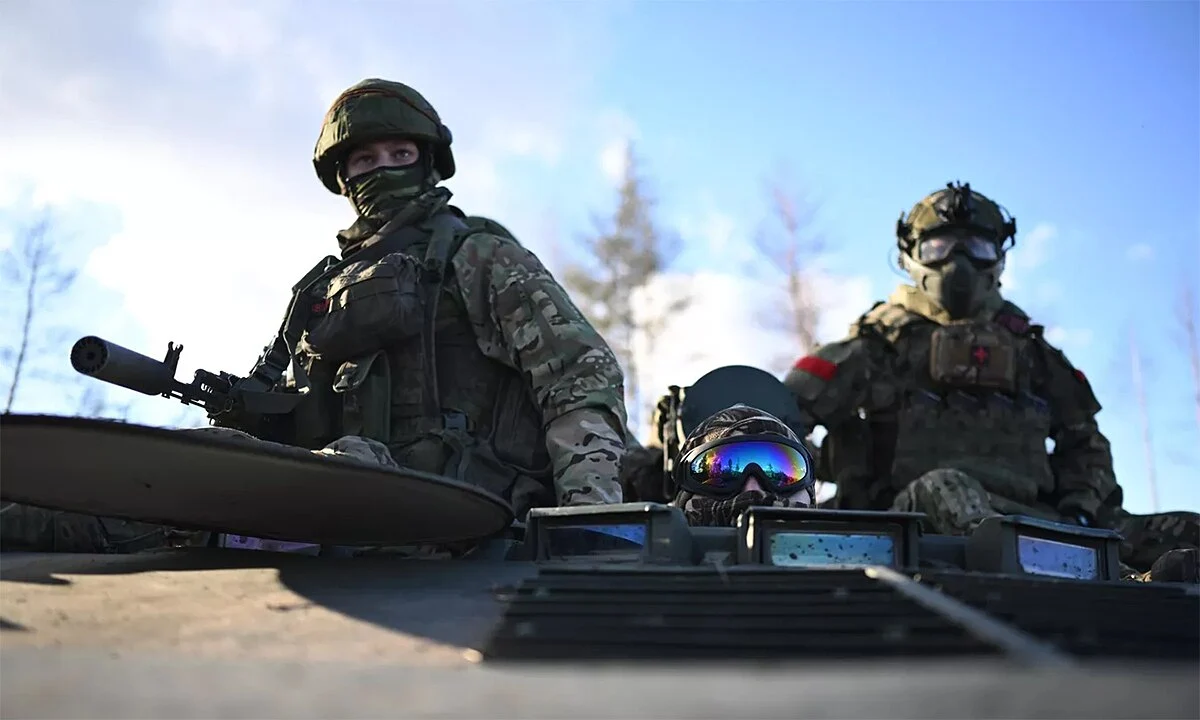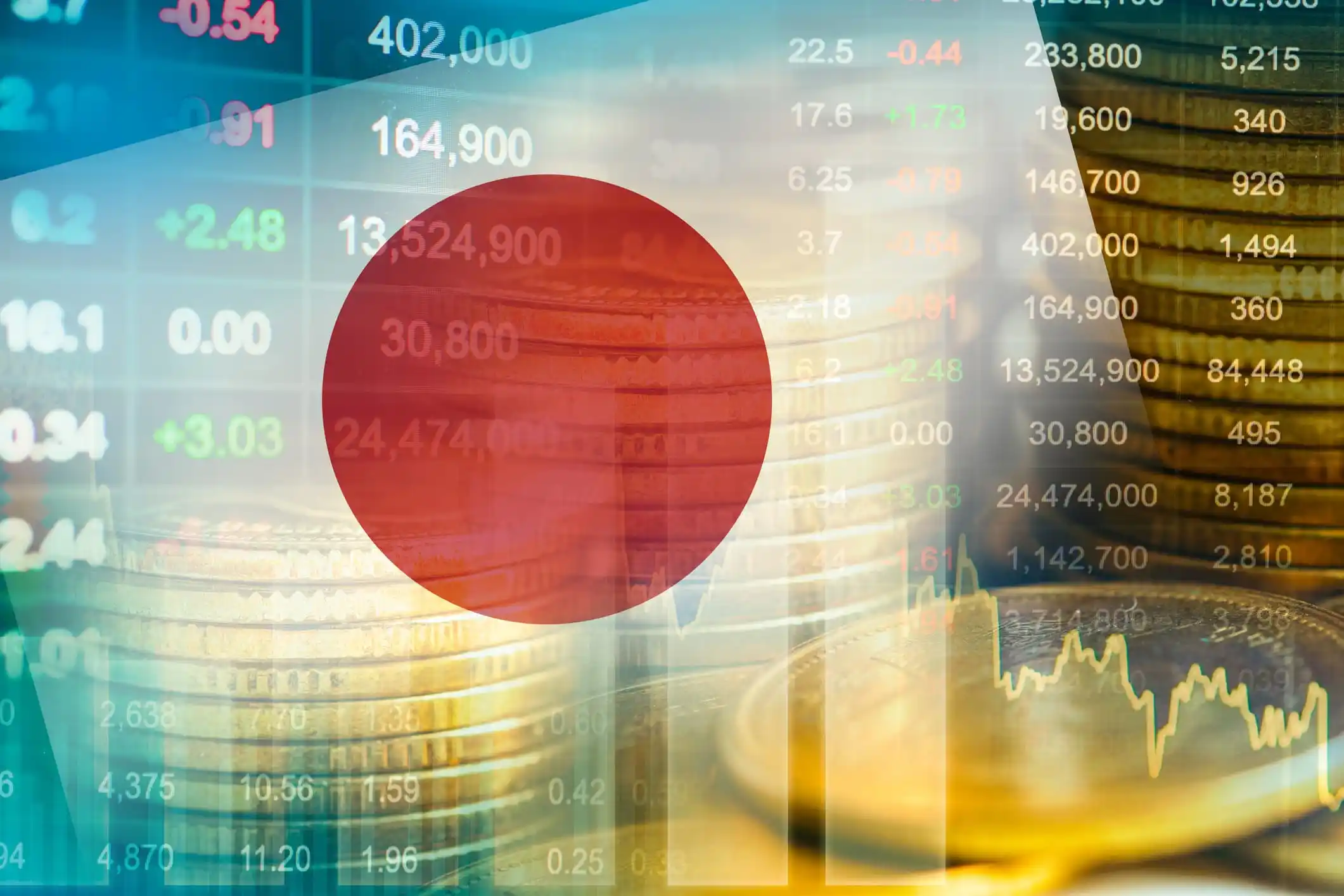The recent conflict between Israel and Hamas has not only resulted in significant human suffering but has also left a profound impact on the economic landscape. This article delves into the economic repercussions faced by Israel in the aftermath of its war against Hamas.
Direct Economic Costs
One of the immediate consequences of the conflict is the direct economic costs incurred by Israel. The expenses related to military operations, defense mechanisms, and emergency responses contribute to a substantial economic burden.
Impact on Infrastructure

The extensive damage inflicted on infrastructure during the conflict adds another layer to the economic impact. The costs associated with rebuilding and repairing critical infrastructure, such as transportation networks and public facilities, strain public resources.
Effects on Trade and Tourism
Disruptions to trade routes and a decline in tourism have tangible economic consequences. The conflict's impact on trade relations and the tourism sector directly influences Israel's economic performance, affecting revenue streams and employment opportunities.
Humanitarian Aid Expenditure
Providing humanitarian aid to those affected by the conflict is a necessary but economically demanding endeavor. Allocating resources for humanitarian purposes diverts funds from other potential investments, impacting the overall economic landscape.
Investor Confidence and Market Dynamics
The conflict can influence investor confidence in Israel. Changes in market dynamics, fluctuations in currency values, and uncertainties stemming from the conflict may lead to shifts in investment patterns and business decisions.
Long-Term Economic Implications
Beyond the immediate aftermath, the conflict's long-term economic implications are of significant concern. Factors such as economic recovery, sustained challenges, and the ability to attract investment will shape Israel's economic trajectory in the years to come.
Regional Economic Consequences

The economic stability of neighboring regions can also be affected by the conflict. Spillover effects on regional trade, cooperation, and shared economic interests contribute to a complex web of economic consequences.
International Assistance and Collaborations
Israel may receive international assistance to aid its economic recovery. Collaborative efforts between nations and international organizations will play a crucial role in addressing the economic fallout of the conflict.
Public Sentiment and Consumer Behavior
Public sentiment and consumer behavior are integral components of economic dynamics. The conflict's influence on public sentiment can impact domestic spending patterns, consumer confidence, and overall economic activities.
Government Spending and Budgetary Shifts
Shifts in government spending priorities are expected in the aftermath of the conflict. Adjustments to the national budget may be necessary to address immediate needs, potentially impacting long-term economic plans.
Economic Rebuilding Initiatives

Post-conflict, economic rebuilding initiatives become essential. Investments in infrastructure, economic revitalization strategies, and initiatives to stimulate economic growth will shape the recovery process.
Comparison with Previous Conflicts
Drawing comparisons with the economic impact of previous conflicts involving Israel provides valuable insights. Lessons learned from past experiences can inform strategies for resilience and recovery.
Conclusion
In conclusion, the economic impact of Israel's war against Hamas is multifaceted, encompassing direct costs, infrastructure damage, trade disruptions, and more. Navigating the challenges and opportunities for economic recovery requires a comprehensive and collaborative approach, both domestically and internationally. The aftermath of the conflict presents a pivotal moment for assessing economic resilience and implementing strategies for sustainable recovery.






